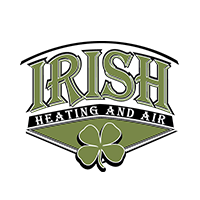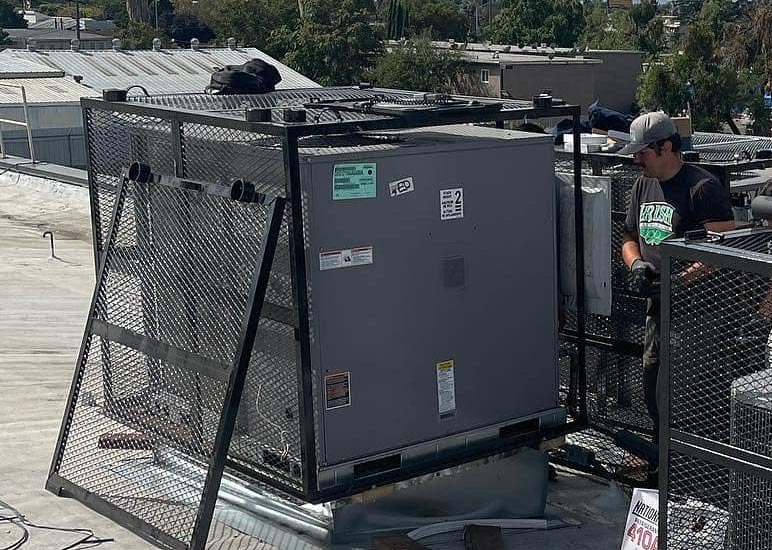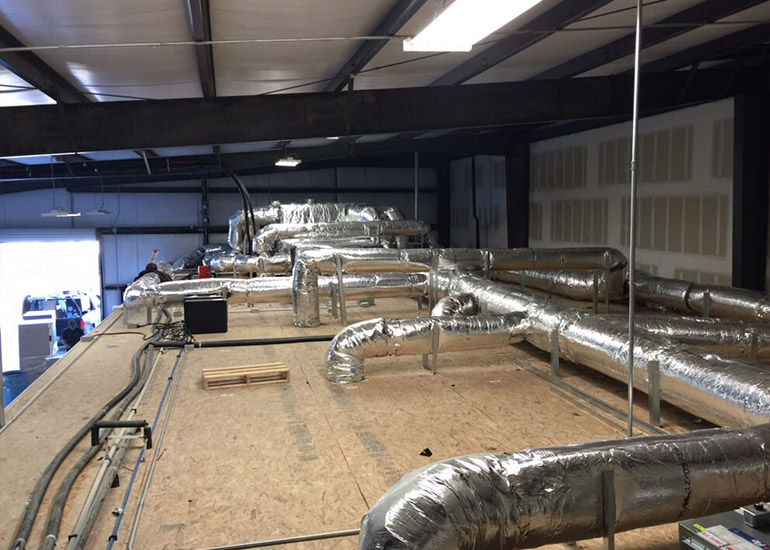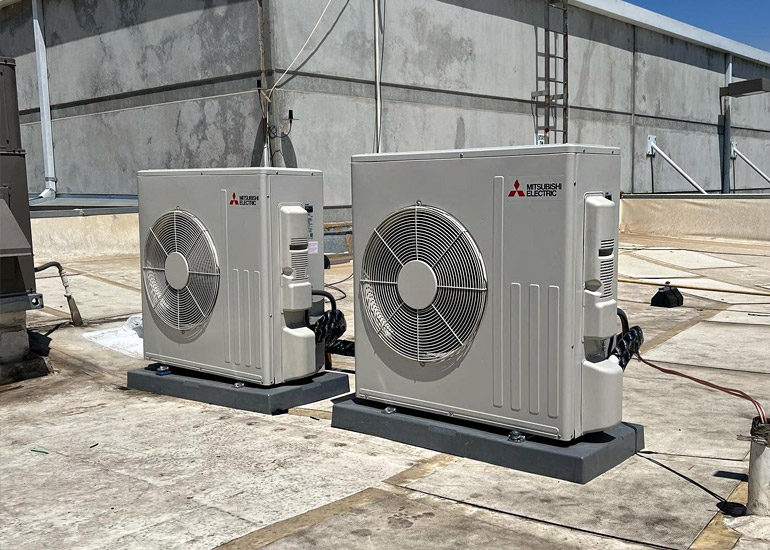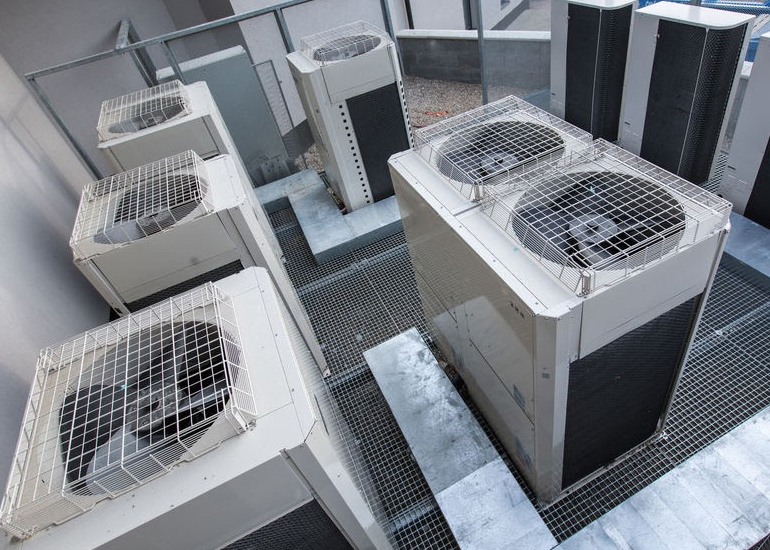 When you’re making an investment in commercial HVAC equipment, it is important to know roughly how long the equipment will last. That way, you know whether you’re making a prudent investment. Or, when you get a new property, you may want to assess the life expectancy of your new commercial HVAC equipment to plan for its maintenance needs and eventual replacement of the equipment. The last thing you want is to pour repair money into equipment that is on its way out, but replacing equipment too soon is a waste of money too. Here’s what you need to know about typical commercial HVAC life expectancy and how you can maximize it.
When you’re making an investment in commercial HVAC equipment, it is important to know roughly how long the equipment will last. That way, you know whether you’re making a prudent investment. Or, when you get a new property, you may want to assess the life expectancy of your new commercial HVAC equipment to plan for its maintenance needs and eventual replacement of the equipment. The last thing you want is to pour repair money into equipment that is on its way out, but replacing equipment too soon is a waste of money too. Here’s what you need to know about typical commercial HVAC life expectancy and how you can maximize it.
Average Commercial HVAC Life Expectancy
The lifespan range of commercial equipment is large, anywhere from five to twenty years. While the American Society of Heating, Refrigerating and Air-Conditioning Engineers (ASHRAE) has found that the average lifespan of commercial cooling and heating equipment is 15 years, that is with proper (preventative) maintenance and with proper use.
Things that can cause your HVAC equipment to fail permanently before this 15-year mark include:
- Lack of maintenance: Equipment that isn’t maintained properly will need repairs more often and will suffer more damage. Not only will the equipment fail earlier, but it will be more expensive in terms of repairs too.
- Slow repairs: Equipment that is allowed to run despite having a problem will cause further damage to itself. This will reduce the overall lifespan of the equipment.
- Poor quality: Some models and units are poorer quality than others. They have worse quality parts or worse design and will, therefore fail earlier.
- Proper use:If you are using an HVAC system that is too small for the space it needs to cool or heat, it will struggle to keep up. It will run for too long, adding stress to the unit and causing it to give out before it should.
When you bring in a new HVAC system, you need to consider its quality and size carefully in order to get the 15 years out of it.You’ll also need to maintain it and repair it properly.
Estimating Commercial HVAC Life Expectancy
What if you’ve just inherited old HVAC equipment because you’ve purchased an old building? Or, what if you’ve realized that your company hasn’t previously kept records on its HVAC systems and what they may need? You can estimate the lifespan of your commercial HVAC equipment and adopt new procedures that can help you keep an eye on it. Here’s what you should do:
- Start keeping records: Open up a file on every piece of HVAC equipment that you have. If you can find past purchase and installation quotes, manuals, guides, repair information, and other paperwork, add it to the files. This information can tell you when the equipment was purchased, how long its warranty is for, and much more useful information you can use to assess how much life it has left.
- Look at the equipment: You can add to your information by looking at the equipment or asking the staff members who work with it to look at it for you. By doing this before a professional assessment, you can bring up your concerns to your HVA technician. There are many potential concerns that you can look for:
- Cabinets that look bent, broken, dented
- Filters that are full, old, improperly sized etc.
- Dirt or debris on or in the equipment
- Unusual noises while the equipment runs
- Unusual smells coming from the equipment
- Get a professional inspection: Professionals are better able to assess the equipment to see how well it runs and disperses heat or cool through your building. As well as damage, they may also find inefficiencies that they can correct and help reduce the pressure on your equipment.
- Keep track of utilities:Now that you have a file, you can record your utility information so that you can always tell how well your equipment is performing. Sudden jumps and slow creeps in utility costs can indicate the system needs repairs or needs to be replaced.
- Keep track of repairs: Add your repair and inspection information to your files. That way, you’ll always know how old a certain part is, or when the filters on your equipment were last cleaned or replaced.
Your HVAC technician should be able to give you a rough estimate on how long you can expect each piece of HVAC equipment to last unless there are some unusual circumstances. So, you can start planning for a replacement.
Is It Worthwhile to Replace the Equipment?
While your equipment may last another few years, that doesn’t necessarily mean you should keep it around. Old equipment may cost a great deal in repairs. Old equipment may also be much less efficient than a new unit that you could purchase, and so it may be costing you in utilities. In a commercial environment, this increased utility cost may be very high, such that replacing the equipment may pay for itself in a few years. It all depends on the current quality of your equipment, which your HVAC technician can advise you on.
Maximizing Commercial HVAC Life Expectancy
There are a few ways to try to keep your HVAC equipment in good condition to maximize its lifespan, including:
- Regular maintenance: While you may think that HVAC systems only need yearly maintenance, in a commercial setting, an HVAC system may need more. Your technician can help you determine when your system should get a check-up.
- Proper, fast repairs:Especially in large residential settings, your tenants or guests may not alert you to problems with the system. Encourage them, or test the system yourself, to find and fix problems before they create bigger issues.
- Keeping records: When you keep good records, you can make better decisions to maximize your system’s lifespan.
- Buy great equipment: The up-front investment in good equipment is worthwhile to reduce your maintenance, repair, and replacement costs over time.
Your best partner in maximizing commercial HVAC life expectancy is a trusted HVAC technician.
